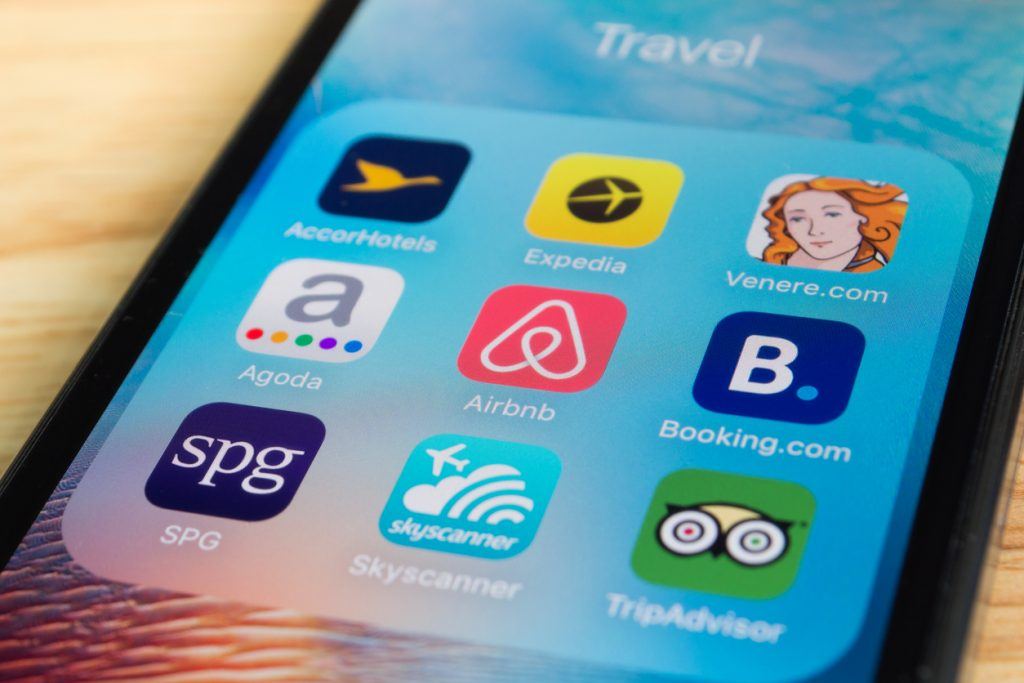BBC Inside Out (London) uncovers opportunistic tenants subletting via Airbnb
This week, the BBC aired a regional show in London highlighting the growing number of tenants subletting via short-term rental platforms without their landlords’ permission.
The show shared the story of a landlord who ended up £10,000 out of pocket after his tenants ‘professionally’ sublet his property in Bloomsbury on Airbnb.

Despite the tenants having a 22-month assured shorthold tenancy (AST), it was discovered during a periodic inspection that they were subletting the property. The tenants had consented to the inspection by letting agency Base Property Specialists ltd. The agent arrived early to find them checking a family into a property.
After looking further into the situation, the agent found the property on Airbnb, listed as a single dwelling and as two separate bedroom rooms. There were also more than 70 booking reviews for the property.
Base Property contacted the tenants to inform them that they were breaching a number of licensing laws and instructing them to remove all listings. This included any other sites they may have been using to advertise the property. They were told to remove the key safe they had installed and made good any damage that had been caused.
Two courses of action were provided to the tenants: to re-occupy the property themselves or surrender under the contractual Early Termination Agreement, which at that point came to £4295.
The tenants decided to stay, removing the key safe and repairing the damage, but neighbours were still reporting people coming and going. When the agent arranged for a plumber to fix a maintenance issue, he was told by the occupants, a Russian family, that they did not speak English and were renting the property.
Commenting on the case, Kristjan Byfield of Base Property, said: “One thing I found extremely disappointing was Airbnb’s refusal to take any action whatsoever. When we contacted them and provided evidence that the “hosts” were not the legal owners of the property and were in breach of the landlord’s mortgage and buildings insurance terms, local licensing laws, and both short-term let and HMO licensing, their response was take it up with the tenants.”
It was at this point that the tenants were refusing to communicate with their agent. Despite continuing to host on Airbnb and using a professional laundry service to prepare beds, they denied their actions. Contractors hired to fix a leak were refused access, causing further damage to the property.
Kristjan Byfield called in the help of Paul Shamplina of Landlord Action who served the tenants with a Section 8 notice and thereafter, the Landlord Action solicitors issued possession proceedings.
Paul comments: “Kristjan and his team had done everything correctly. They had obtained thorough references, carried out regular property inspections and even given the tenants the opportunity to put the situation right when they were caught out.
“Unfortunately, unauthorised use for short lets is a growing problem, as the Westminster Planning Enforcement team will discuss on the show, and councils are struggling to cope with the volume of cases.
“At Landlord Action, we always have a number of sub-letting cases at any one time, particularly from landlords whose tenants have sub-let via Airbnb without consent.”
Both Paul and Kristjan agree that there are lots of Airbnb hosts that do a fantastic job, do not cause disruption to neighbours and comply with all necessary licences. However, they do feel that Airbnb should be doing much more to prevent unauthorised hosts.
Kristjan said: “We have had a number of cases where the landlords agree for the tenants to sub-let, and with proper communication and agreements, it can work very well.
“However, 95% of issues such as this case could be eradicated if Airbnb invested in some simple technology to cross-reference the name of the host with the owner’s name, via the Land Registry, and then simply obtained proof of consent to sub-let if those names do not match.”
Paul added: “Their unwillingness to take responsibility and make improvements is damaging to the private rented sector.”





